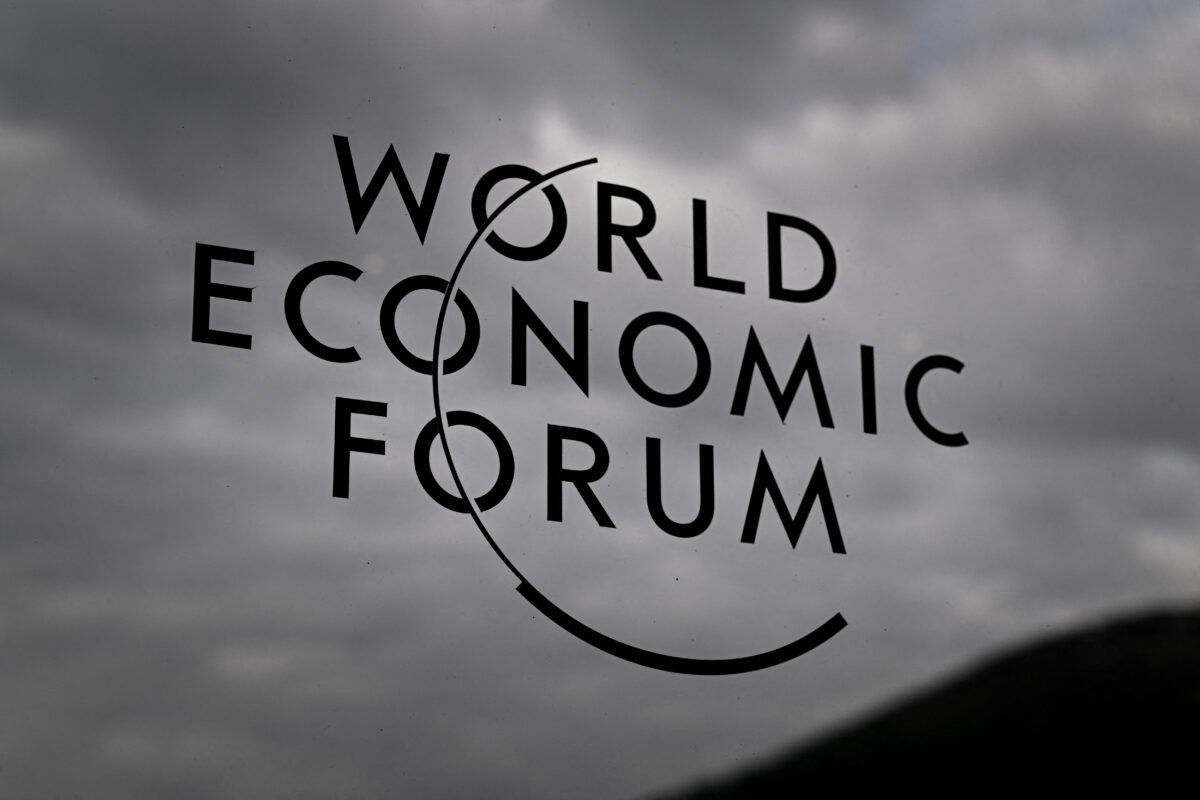How Civil Society and Community Groups Can Contribute to Fixing Canada: Anthony Furey’s Perspective
Commentary
A recent survey indicates that an increasing number of Canadians believe that “Canada is broken.” The situation is critical, causing people to lose faith. The question remains, how can we turn things around?
According to a Leger poll commissioned by Postmedia, 70 percent of respondents agree that “everything is broken in the country at the moment.” When analyzed by political affiliation, 85 percent of Conservatives, 66 percent of NDP supporters, and 43 percent of Liberals share this sentiment.
Notably, the Liberal response, while the lowest, is intriguing as it suggests that nearly half of Liberal voters lack confidence in the current government they supported.
The reasons behind this sentiment, as outlined by Leger, include a deepening belief that “everything is broken,” declining living standards, and a struggling healthcare system.
To address this issue, one potential solution could be electing a new government, which appears to be in progress. Pollsters predict a significant decline in Prime Minister Justin Trudeau’s popularity, with Conservative Leader Pierre Poilievre likely to succeed him in the next election. The specifics of this transition are yet to be determined.
However, this transition is only the beginning of the transformation. A conservative policy expert mentioned a shift in focus from winning power to implementing positive changes once in office during a recent conversation.
Governing is a challenging task, and time is of the essence. Being prepared to take action from day one is crucial.
If Canada is indeed broken, which seems to be the consensus, a collective effort is required to address the situation.
Reviving the nation will involve more than just governmental intervention—it must extend to all levels of society.
Recently, I attended a Rotary Club event that highlighted the impact of civil society and community groups on neighborhoods. The event showcased successful business professionals and community leaders working to support underprivileged families in their locality. Their dedication is commendable, and more individuals should consider joining such initiatives.
An old adage suggests that “big government makes for small citizens.” This implies that increased government involvement diminishes individual responsibility for community welfare. People are often encouraged to rely on the government for all solutions, detracting from community-driven efforts.
In the 1990s, political science professor Robert Putnam introduced the “bowling alone” theory, expressing concerns about declining civic engagement and community participation. The rise of technology and online platforms further isolated individuals from communal activities.
Fortunately, there is a growing trend of individuals stepping up to tackle societal challenges and contribute directly to societal improvement, reflecting a positive change in attitudes.
While Canada may be facing challenges, there is hope that collective efforts can lead to progress and a revitalization of the nation.
Views expressed in this article are opinions of the author and do not necessarily reflect the views of The Epoch Times.






